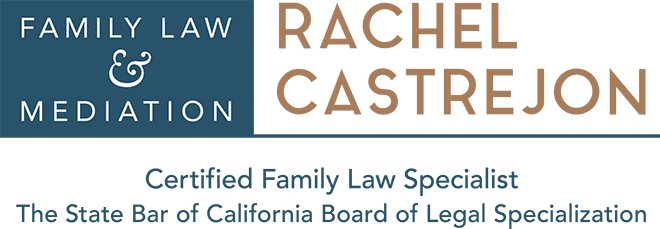3 Crucial Questions About The Family Home In Divorce

There are three important questions to ask when determining what rights you have regarding the family home.
1. When was the home purchased?
If the home was purchased during the marriage and before the date of separation, it is presumptively community property which will be split equally unless either party has a right to reimbursement under Family Code section 2640. The community property presumption can be rebutted by one spouse claiming the property is separate property based on how title to the property is held.
2. How is title to the property held?
If title to the property is held by one spouse, the title presumption will trump the date of purchase presumption and the property will be deemed the separate property of the spouse who is on title. However, if the spouse took title in his or her name alone during the marriage and used community property to buy the property, the spouse who holds title must demonstrate that he or she took title with the other party’s knowledge and consent. Likewise, if one spouse acquired title during the marriage by the other spouse transferring his or her interest to the titled spouse, the spouse who holds title must demonstrate there was a valid transmutation of the character of the property from community property to separate property and that there was no undue influence in the transaction. A presumption of undue influence arises when a spouse gains an unfair by the change in character of the asset and the spouse who gained the unfair advantage must prove that the transfer was entered into knowingly, voluntarily and intelligently otherwise title will be restored to community property.
3. What can you do to protect your interest in the family home?
It is important to understand the consequences of taking title or changing title to a property during marriage. Before agreeing on how title will be held or signing a document transferring title to your spouse, you should seek legal advice so you can protect your interest in the family home.
